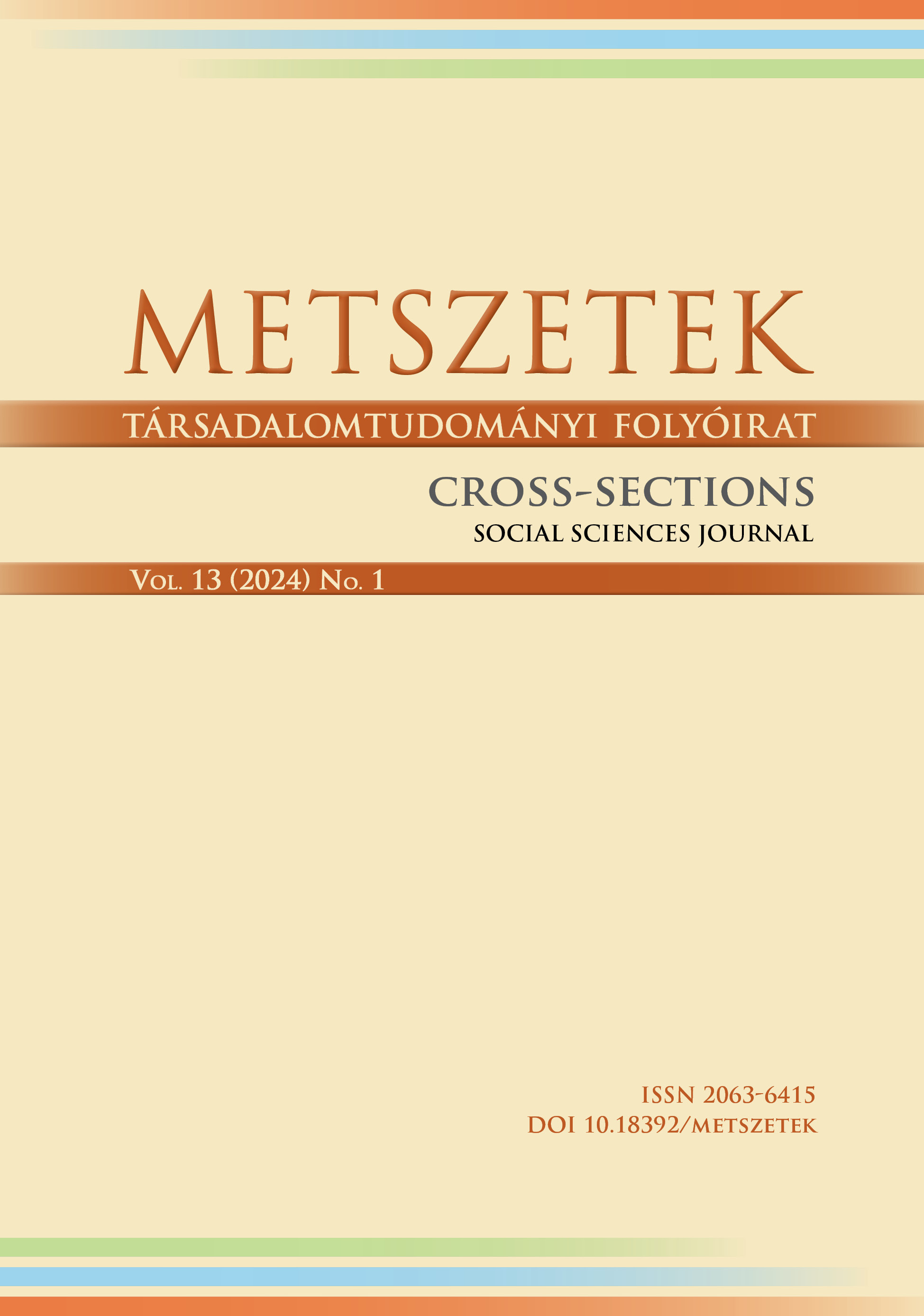Family perspectives for young people growing up in child protection care
Authors
View
Keywords
License
Copyright (c) 2024 CROSS-SECTIONS - Social Science Journal

This work is licensed under a Creative Commons Attribution 4.0 International License.
A CC BY licence alkalmazása előtt megjelent cikkek esetében (2020 előtt) továbbra is a CC BY-NC-ND licence az érvényes.
How To Cite
Abstract
The study examines the factors of family perspectives among vulnerable youths – children and youth living in alternative care – with qualitative method. The target group is children who live in the Hungarian child protection system as juveniles. Children and young people experiencing different family substitute arenas may result in various family perspectives. These family perspectives are examined within a theoretical framework of family sociology and human ecology.We used a complex approach to describe the experiences and changes of these structural and family-replacer dimensions together with their impacts on the family perspective. We have found that the family perspectives of the young people are diverse and their narratives about their visions of the future are often linked to dominant family and life events previously experienced in family milieus and forms of care. At the same time, the complexity of life events and the diversity of future plans are not necessarily reflected in the institutional background and the professional-young relationships that could support young people’s autonomy. Based on the interviews, the family and community levels of the human ecology model can also be a significant factor in young people’s family perspectives, so cooperation between family and community, institutional actors can be one of the keys to providing adequate support for young people. In order to realize future plans for family perspectives, professionals need to focus more on individual needs and the diversity and variability of family perspectives.

 https://doi.org/10.18392/metsz/2024/1/4
https://doi.org/10.18392/metsz/2024/1/4





